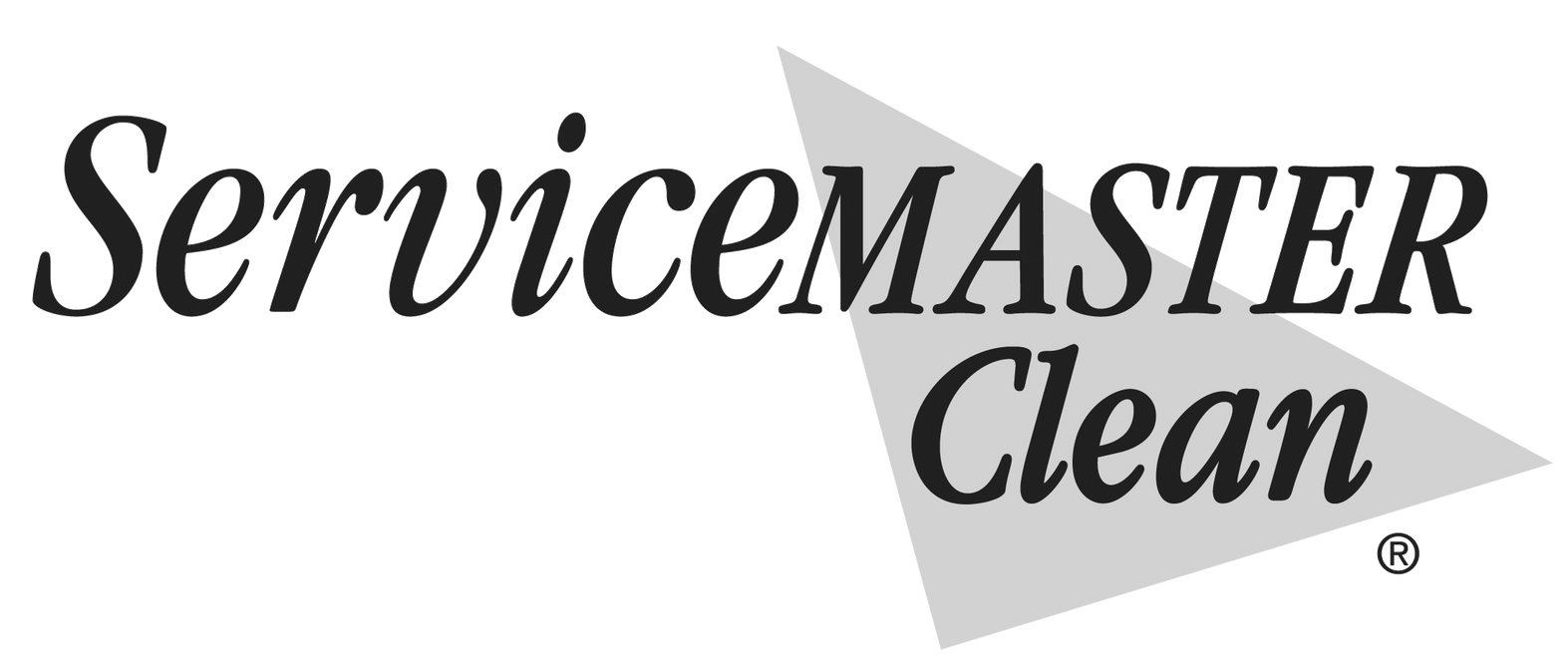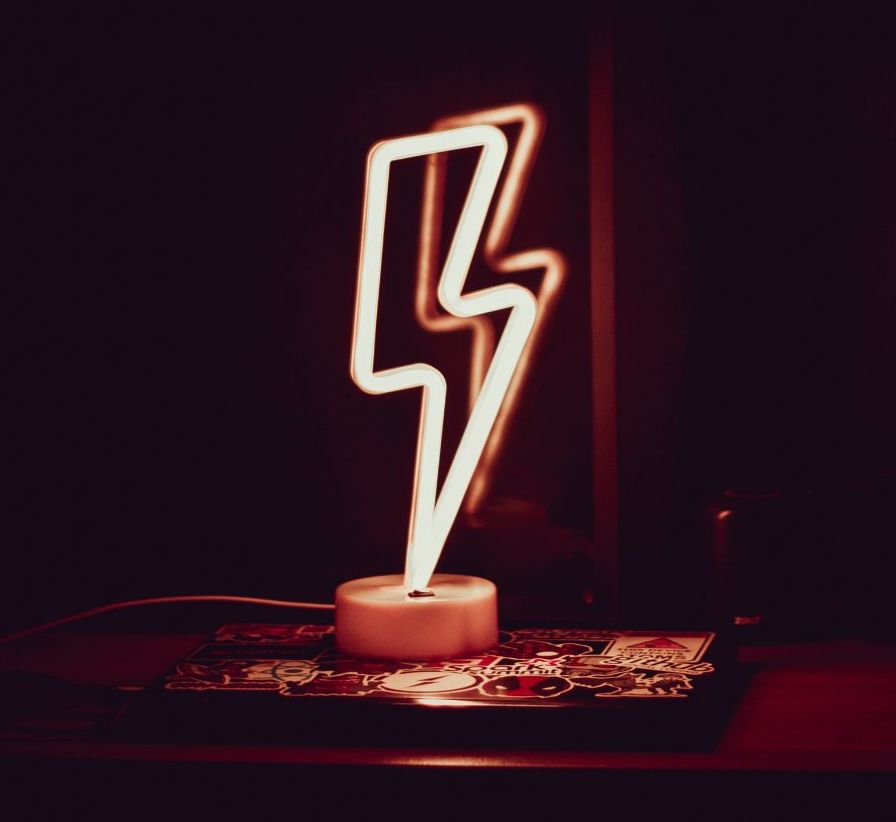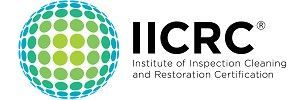HOW TO STAY SAFE DURING POWER OUTAGES FROM WINTER STORMS
HOW TO STAY SAFE DURING POWER OUTAGES FROM WINTER STORMS

During a power outage, staying safe is the most important thing. Stay cozy and warm, be careful when using alternative heating and cooking methods, and save your plumbing and electrical systems from further damage by taking steps to protect them from the cold.
Check to See if it’s Just You
Is your house the only one affected? Or does the power outage affect the whole neighborhood? Check your breaker box or fuses and look at the power lines running to your home. If you see damaged or downed power lines, don’t approach them. Just call the electric company If the problem is just your breakers, you may be able to reset them, or call an electrician to help.
Keep Warm
- Stay inside and stay safe. There are a few instances that may require you to go out, to make sure that everything is safe. But for the most part, stay indoors where it’s warm.
- Bundle up with some of those blankets you were stockpiling and stay bundled up in warm clothing.
- Move around enough to stay warm, but not enough to sweat. Perspiring makes you lose fluids. On top of that, you don’t want your bottom layers of clothing to get wet from sweat, because that will make them get colder faster.
- You can also hang dark blankets on your windows for further insulation, especially at night.
- Use towels to block gaps in your doors or windows to keep drafts from getting in.
- Close the dampers on any fireplaces you aren’t using to keep out cold air and drafts.
- Interior rooms like a basement, or any other room with no outside walls, may be better insulated from the cold.
- Take special care with infants, children, and seniors, who are all more susceptible to the cold
- Use your hot water sparingly. Most hot water tanks can retain heat for up to 24-72 hours.
Keep Fed
Also, be sure to stay fed. Your body uses energy in its efforts to stay warm, so be sure that you give it the calories it needs.
Your refrigerator and freezer will keep food cold for 24 to 36 hours after the power goes out. After that, you can still use your fridge like a giant cooler. Put snow and ice from outside in your fridge and freezer to keep your food cold, even without electricity.
Stay Safe from Carbon Monoxide
As people turn to alternative ways to cook their food and heat their home, it’s important to be careful of carbon monoxide.
- If you have a fireplace, make sure that your chimney is clean, and your flue is open before building a fire.
- Don’t use a gas generator, a gas stove, or a grill indoors. Use them in areas with good ventilation and don’t attempt to warm your home with them.
- Be mindful of your candle use. Flashlights may be preferable to candles, depending on your ventilation--especially as you seal off potential drafts. At least 26% of candle-related fires and 34% of candle-related deaths occur in homes with no power.
- Some people go to their car in order to stay warm. If you do this, make sure that your garage door is open. Carbon monoxide poisoning in vehicles can skyrocket during a power outage.
Protect Your Home from Further Damage
In addition to keeping yourself safe, you also want to minimize the risk to your home.
If your heating is electric, your risk of frozen/burst pipes is going to be much higher during a power outage. Minimize the risk of your pipes bursting by turning your faucets on at a slow drip. Running water is much harder to freeze, even if the water is just moving at a trickle.
You should also unplug your appliances and electronics. You don’t want a power surge to damage your electronics when the power kicks back on. You should leave one lamp plugged in so that you know when the power comes back, but anything else should stay unplugged.
WHEN THE POWER COMES BACK ON
Once the power outage is over, you should carefully assess the damage to your home and see what repair work, if any, needs to be done. You can also start slowly restoring your home back to normal.
- If your main power switch is off, double-check that all of your appliances and electronics are unplugged before you turn it back on, to protect yourself from a power surge and the damage that comes with it.
- If your main water supply was off, turn it back on.
- Fill your hot water heater with water before you turn it back on.
- Turn your thermostat up above where you would normally have it for a few hours, to help your home dry out and return to normal.
- Replace anything that you used from your emergency kit such as batteries, medical supplies, and non-perishable food.
- Check the food in your refrigerator and freezer for spoilage and throw out anything that isn’t safe to eat.
- Check to confirm that you don’t have any frozen or burst pipes
IF YOU NEED TO LEAVE YOUR HOME AFTER A WINTER STORM
Sometimes, you may need to evacuate. This may be due to the sheer length of the power outage and cold, or it may be for other reasons. A burst pipe might force an evacuation. So could property damage from wind or a falling tree. If you do need to leave the house, take the following steps to help protect it while you’re away:
- Shut off the water main and turn on your taps until your pipes have no more water in them. Flush your toilets until they’re empty. This can protect them from freezing and bursting while you’re gone.
- Shut off your gas, in case damage to your home causes a gas leak.
- Turn off your hot water heater and/or put out the pilot light Empty the hot water heater through the floor drain.
- Turn off your main breaker or power supply.
- Remove valuables from any floor (like your basement or garage) where there’s a risk of flooding if a pipe bursts.
There may be situations where evacuation may be necessary, including a or property damage caused by wind or a tree.
KNOW HOW TO RECOVER
Knowing how to prepare for a power outage can make an enormous difference when winter weather turns harsh. Nobody wants to deal with losing power. But if a power outage does occur, it’s better to be comfortable. Wrap up in blankets with plenty of flashlight batteries on hand and cook non-perishable foods safely with heat that doesn’t require electricity.
Of course, power outages can be challenging, and the longer they go, the more fallout there may be. Losing heat can make it easier for your pipes to freeze, causing water damage. Winter precipitation can damage your home too, while you’re stuck inside trying to stay safe.
When you make it out of a life-threatening situation like a winter power outage, the last thing you need is more stress trying to repair the winter weather damage to your home. Your local restoration experts at ServiceMaster Restore can help you determine how bad the damage is, what can be saved, and what needs to be repaired or replaced. They can help you get back on the path to recovery and make your house a home again after a winter storm.







